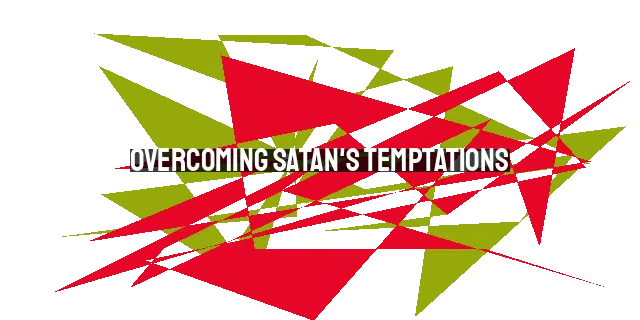The Consequences of Forgiven Sin: Lessons from David's Story - XtianHub
The Consequences of Forgiven Sin
Have you ever wondered about the consequences of sin, even after it has been forgiven? In the story of David's sin against Uriah and Bathsheba, we see a powerful example of how forgiveness does not always remove all the earthly consequences of our actions. Let's dive into this story and explore the deeper meaning behind the consequences of forgiven sin.
The Story of David's Sin
In 2 Samuel 11-12, we read about how King David, a man after God's own heart, committed adultery with Bathsheba, the wife of Uriah the Hittite. Not only did David betray Uriah by sleeping with his wife, but he also arranged for Uriah to be killed in battle to cover up his sin.
When the prophet Nathan confronts David about his sin, David acknowledges the severity of his actions. He confesses, "I have sinned against the Lord" (2 Samuel 12:13). David recognizes that he deserves to die for what he has done. This acknowledgment shows us the significance of sin and the weight it carries.
God's Amazing Grace
In response to David's confession, Nathan delivers a message from God: "The Lord also has taken away your sin; you shall not die" (2 Samuel 12:13). This is a moment of incredible grace. Despite David's heinous sin, God chooses to forgive him and spare his life.
But forgiveness does not mean the complete eradication of consequences. Nathan goes on to say, "Nevertheless, because by this deed you have utterly scorned the Lord, the child that is born to you shall die" (2 Samuel 12:14). While the penalty of death is lifted, there are still disciplinary consequences that remain.
Distinguishing Consequences from Penalties
It is essential to differentiate between the consequences of forgiven sin and the penalties of unforgiven sin. Consequences, in this context, refer to the lingering effects or outcomes of our actions, even after we have received forgiveness. On the other hand, penalties are the just punishments that result from sin when forgiveness has not been sought.
When we receive forgiveness for our sins, God removes the eternal penalty of death. Our sins are washed away, and we are no longer condemned to eternal separation from God. However, this does not mean that the earthly consequences of our actions magically disappear.
Consider the analogy of a child who disobeys their parent by sneaking cookies before dinner. The parent forgives the child and does not punish them, but the child still has to face the consequences of a stomachache from overeating. The forgiveness is extended, but the consequences of the action remain.
Learning from David's Story
The story of David's sin teaches us several important lessons about the consequences of forgiven sin. Firstly, it reminds us of the gravity of our actions. Sin is not to be taken lightly, as it separates us from God and carries significant consequences.
Secondly, the story highlights the incredible grace and mercy of God. Despite David's grievous sin, God chooses to forgive him. This demonstrates God's willingness to extend forgiveness to all who genuinely repent and turn to Him.
Thirdly, the story shows us that forgiveness does not exempt us from the earthly consequences of our actions. While our eternal punishment is lifted, we may still have to face the repercussions of our choices in this life. This is an important reminder that even though we are forgiven, our actions have real-world consequences that can affect ourselves and others.
Applying the Lessons Today
As we reflect on the consequences of forgiven sin, it is crucial to apply these lessons to our lives today. In the year 2023 and beyond, we continue to face the reality of sin and its consequences. The story of David serves as a timeless reminder that forgiveness does not erase all the effects of our actions.
When we find ourselves in need of forgiveness, we must humbly confess our sins and seek reconciliation with God. We can take comfort in knowing that God is faithful and just to forgive us when we come to Him with a repentant heart (1 John 1:9).
Furthermore, we should strive to make wise choices and consider the potential consequences of our actions. While forgiveness is available, it is wise to avoid sin whenever possible to prevent unnecessary pain and hardship in our lives and the lives of those around us.
References from the Bible:
- 2 Samuel 11-12: The story of David's sin against Uriah and Bathsheba.
- 2 Samuel 12:13-14: Nathan's message to David and the consequences of forgiven sin.
- 1 John 1:9: The promise of forgiveness when we confess our sins.
In conclusion, the story of David's sin and God's response reminds us that forgiveness does not eliminate all the consequences of our actions. While God's grace is abundant, we must still face the earthly repercussions of our choices. However, this should not discourage us from seeking forgiveness and striving to live in a way that honors God. Let us learn from David's story and apply these lessons to our lives in the present and future.



POST COMMENT
For post a new comment. You need to login first. Login
COMMENTS(0)
No Comment yet. Be the first :)